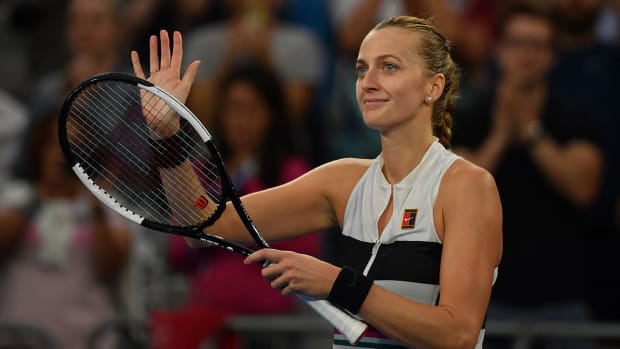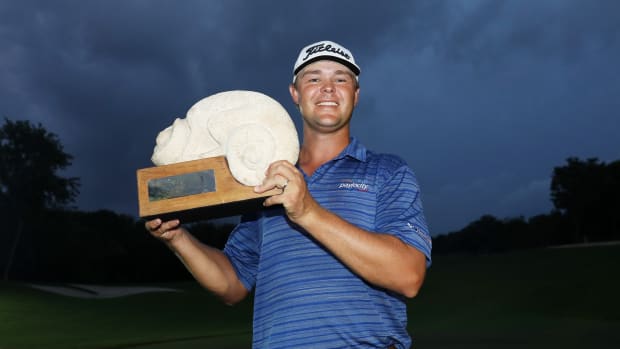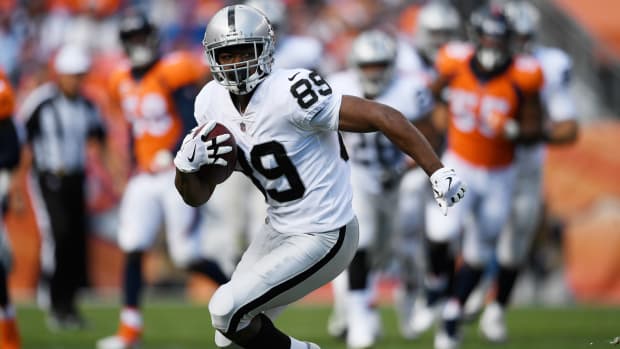Jan Dijkema elected president of International Skating Union
DUBROVNIK, Croatia (AP) Jan Dijkema of the Netherlands is the new president of the International Skating Union.
The 71-year-old Dijkema succeeds Italy's Ottavio Cinquanta, who held the job since 1994. Dijkema won on the second ballot Friday, defeating Hungary's Gyorgy Sallak. Two other candidates, France's Didier Gailhaguet and Britain's Chris Buchanan, withdrew after the first round.
Dijkema, who plans to serve only a two-year team, was an ISU vice president for speedskating. Cinquanta also came from speedskating.
''You can't make many changes in two years, but you can make it possible for the long term if you work hard,'' Dijkema said. ''Indeed, there will be maybe some changes compared with my predecessor, but two years is very short. I will do my utmost to make it possible.''
The new president promises to concentrate on marketing, digitalization and promotion. He also wants current skaters to have more input in decision making.
Members of the athletes' commission will be elected during ISU events in the upcoming season. They will have full voting privileges for IOC policies.
''It is very important to have the athletes involved in the decision-making process,'' Dijkema said. ''On top of that, for the long-term future, to have the athletes involved in the structure of the ISU, it could be a good basis for future officials of the ISU. That they go through a process, learn how decision making is going on; I hope this will be a very good start for new, young people in the future for the ISU.''
Elected as vice presidents were Norway's Tron Espelli for speedskating, and Russia's Alexander Lakernik for figure skating.
Former U.S. Figure Skating President Patricia St. Peter was elected to an ISU Council position.
Earlier this week, the ISU voted to drop anonymity of judges for figure skating panels. Cinquanta opposed the decision, saying he fears the collusion in judging that plagued the sport and led to a scandal at the 2002 Winter Olympics could return.
But ISU members believe more transparency is needed in judging.
The ISU also opted to restructure the draw to ensure that the highest-placed skaters in the short program will always be in the final three in the last set of skaters for the free program.
Dijkema also reaffirmed the ISU's commitment to follow policies instituted by the World Anti-Doping Agency and the International Olympic Committee.
''If it means a retest and (through) these new techniques you find a doping case years ago, then we fully follow the IOC policy,'' he said. ''In this case, there is no doubt in anti-doping and match-fixing that the ISU will have a really firm policy.''




